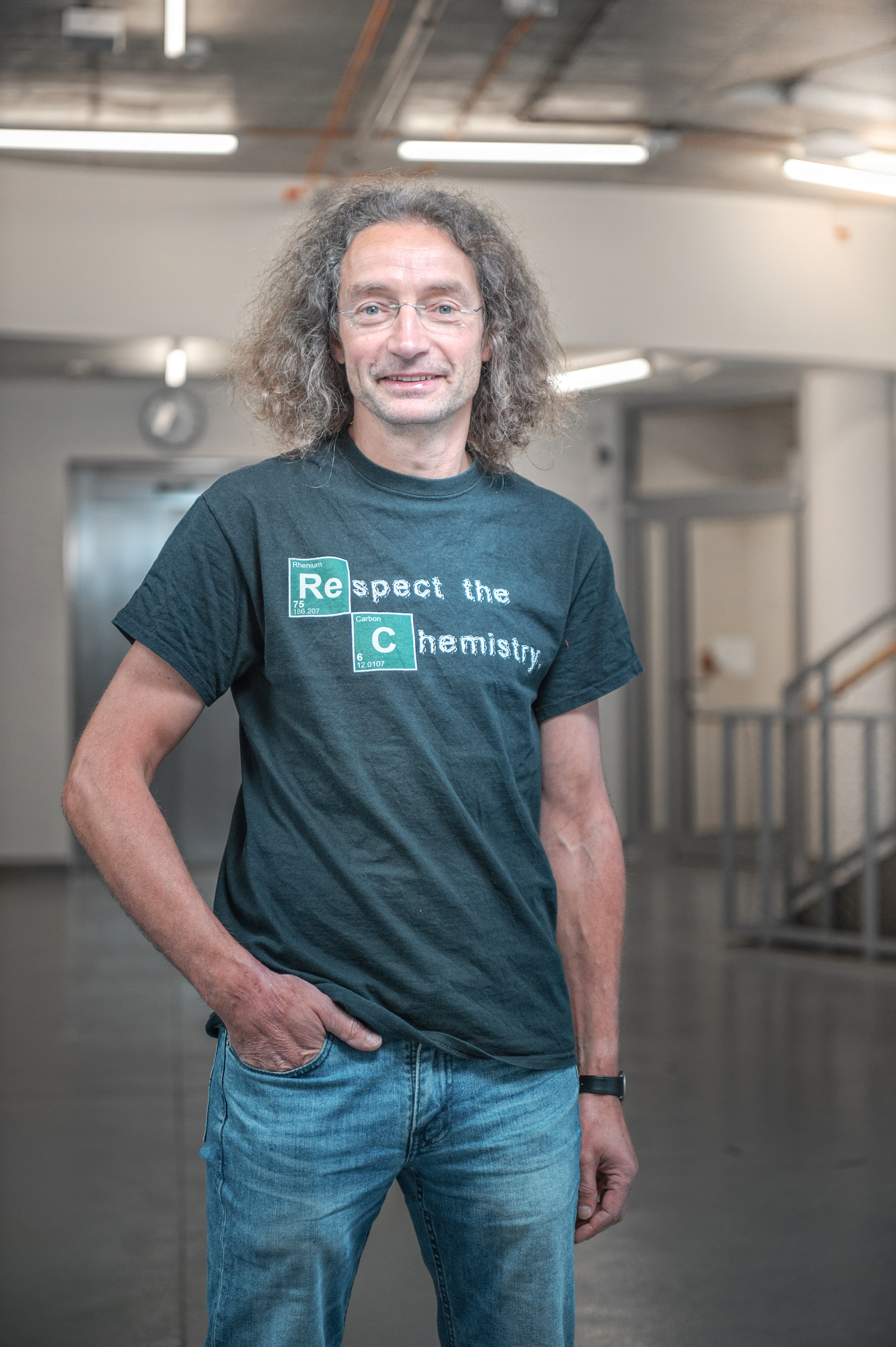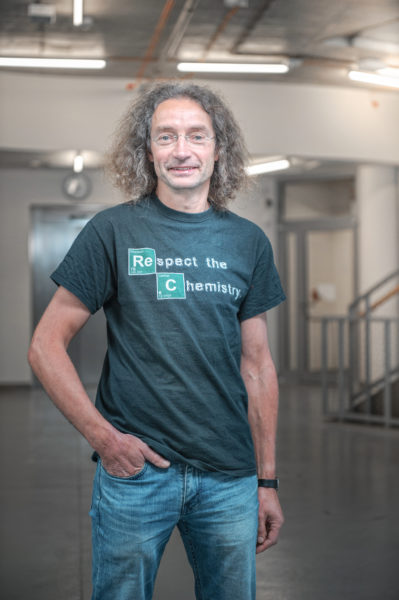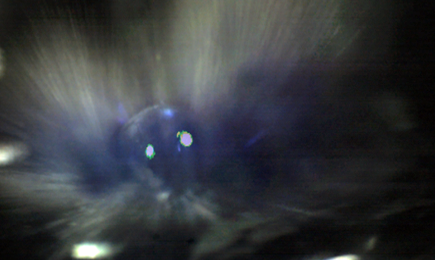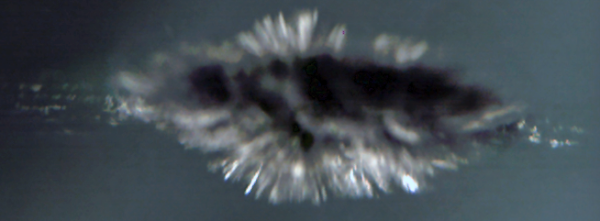
12 Jul Town Talk: Beyond Textbook Reactions
The Telluride Science Research Center hosts Pavel Jungwirth, the distinguished chair at the Institute of Organic Chemistry and Biochemistry, Czech Academy of Sciences. His talk, titled “Why Sodium Explodes in Water” is the fifth in a seven-week series of Town Talks presented by TSRC. The event takes place at the Telluride Conference Center in Mountain Village on Tuesday, July 17, 2018, 6:30 p.m. Admission is free; cash bar opens at 6:00 p.m.

Pavel Jungwirth, distinguished chair at the Institute of Organic Chemistry and Biochemistry, Czech Academy of Sciences and Professor at Charles University in Prague.
Weekend science has been taken to a whole new level with a You Tube video project that came out of the Czech Republic.
On Tuesday, July 17, Pavel Jungwirth will give a TSRC Town Talk, titled “Why Sodium Explodes in Water,” going in great depth about what we know and don’t know about a classic textbook reaction from high school chemistry courses – the point being like Professor Jungwirth and his collaborator Phil Mason, we can extrapolate new learning even from ideas and reactions that have been exhaustively explored.
Through the Youtube channel, the two created a video of sodium exploding in water as something fun to do on a weekend. What started out as a side project on the explosive property of sodium in water evolved into a research interest.

Explosion seen from the top.

Explosion viewed from the bottom up.
“Then it started to be serious because we started looking in to high speed videos, and we realized that with this very basic thing that every high school kid should understand and know about, maybe there’s something very basic that we don’t understand about it,” Jungwirth said. “In particular, why actually do the alkali metals actually explode in water.”
The logical fallacy Jungwirth and his group ran into was the ability of the reaction to be explosive despite the lack of mixing between the chemicals.
“For an explosion, the typical condition that needs to be satisfied is a very good mixing of reactants… so you have a lot of contact where the chemistry can happen,” Jungwirth added. “(The reaction) creates vapor and hydrogen, which are two gasses, so it separates the reactants. So the reaction should not be explosive, it should be self quenching. It should die.”
The alkali metals, the first column of the periodic table, are known to be very reactive with water. Because they only have one valence electron, or one electron in the outermost shell, the metal readily gives an electron to the water through the process of turning sodium metal into sodium hydroxide and creating hydrogen gas as a byproduct.
This reaction is exothermic, or creates a lot of energy in the form of heat, which allows the reaction to burst into flames and explode. The logical fallacy Jungwirth and his group ran into was the ability of the reaction to react due to the lack of mixing between the chemicals.
“For this, the typical condition that needs to be satisfied is a very good mixing of reactants… so you have a lot of contact where the chemistry can happen,” Jungwirth said. “(The reaction) creates vapor and hydrogen, which are two gasses, so it separates the reactants. So the reaction should not be explosive, it should be self quenching. It should die.”
Jungwirth’s talk will cover the research investigation’s findings, focusing on a physical component that can only be seen with a high speed camera. Along with the chemistry itself being a topic of importance, Jungwirth project shows – and I repeat this point for emphasis – there can be discoveries inside topics we think we know everything about.
“The importance is that this is such a classic textbook thing,” Jungwirth concluded. “So you’d think that everything is understood about it.”


Sorry, the comment form is closed at this time.